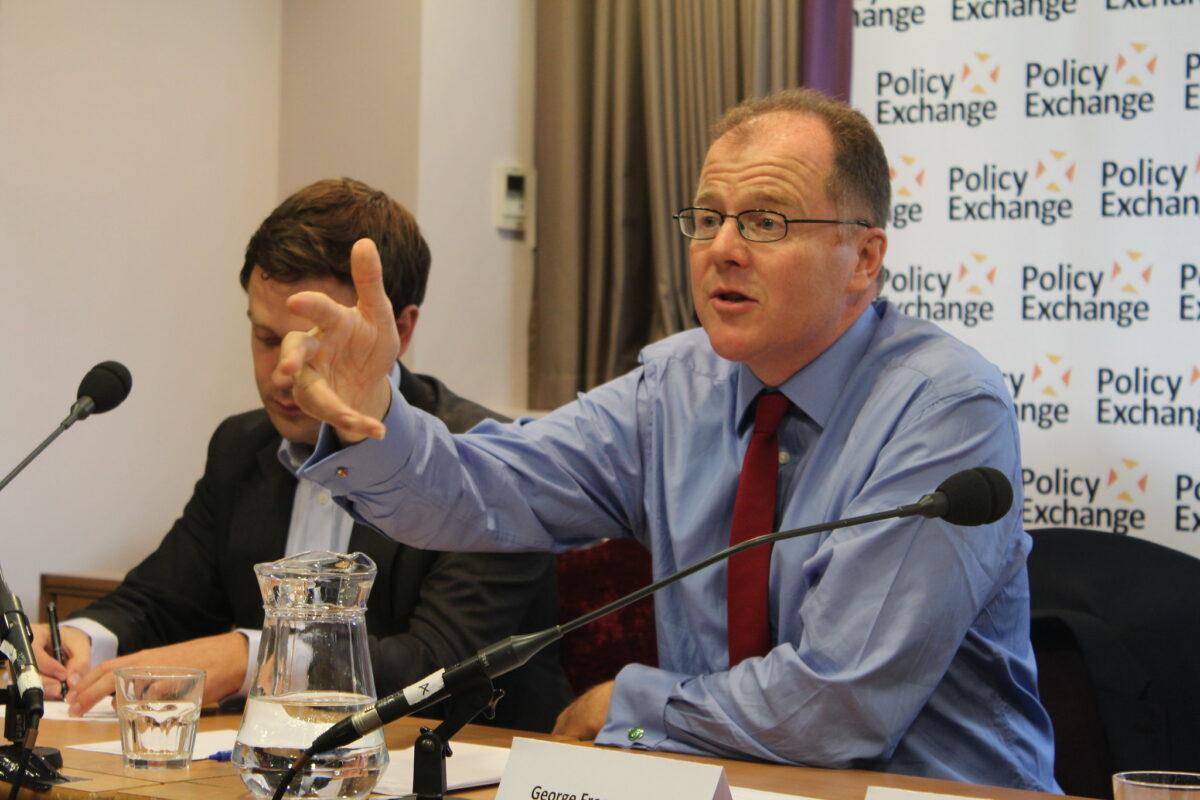What’s at stake in the UK-EU Horizon debate?
The UK looks set to re-join Horizon as an associate member. It should quit haggling over costs and ‘do the deal’.

The UK appears close to agreeing a deal to re-join the EU’s Horizon scheme for research funding and collaboration across Europe. This agreement, which has long been coveted by the UK’s scientists, researchers and academics, was meant to be concluded swiftly following the original EU–UK Trade and Cooperation Agreement. However, it was delayed by the failure of the UK side to implement the Northern Ireland Protocol. With the Windsor Framework passed, UK membership of Horizon is back on the table. But wrangling has persisted over the costs of the UK’s re-entry into the scheme.
The grand bargain
The EU has agreed that the UK need not contribute for the last two years when its institutions were locked out of Horizon (while they were formally allowed to join consortia and apply for grants, if they were successful the UK simply picked up the cost directly – and concern that the government may exercise discretion over its funding decisions led to many UK institutions and researchers simply not applying on account of the uncertainty).
Now, the UK is continuing to haggle over the costs. EU rules allow non-EU countries to become associate members of the scheme but stipulate that their terms of membership should ‘ensure… a fair balance as regards the contributions and benefits of the third country participating in the Union programmes’. This, in effect, means that associate members are not expected to be net beneficiaries, i.e., receive more in grant funding than they pay into the scheme. As a result, the argument over the terms of a deal concerns the so-called ‘correction mechanism’. This is conceived as kicking in if the UK either win grants that have a total financial value either well in excess of, or well below, their membership contribution to Horizon, leading to either additional payments or a partial refund.
Not as good as EU membership
This means that, importantly, the deal that the UK looks set to eventually strike will never actually be as good as the one we had as an EU member, which saw UK-based institutions routinely win more in grants than the UK contributed to the Horizon budget. Still, the benefits of the scheme far outweigh the costs of paying in, as it opens up significant research funding streams for collaboration with institutions across Europe.
Scheme members pool financial resources on an international scale to catalyse research and development, making the outputs far more effective and impactful than the ‘sum of their parts’. The Horizon-funded European Research Council also supports pioneering blue skies research on big ideas of the type that the UK has tended to move away from in the push to instrumentalise academic and scientific research agendas to broader commercial and government-tailored goals. This is part of its attraction for many researchers.
Global what?
Above all, the sorry story of the UK’s hitherto failure to agree a deal on Horizon associate membership exposes the absurdity of the ‘Global Britain’ narrative. It is precisely these collaborative networks and international links that have supported the development of UK science and higher education and its ‘global’ excellence.
The UK needs to stop quibbling over the terms and do the deal. Membership of Horizon is an essential part of mitigating the on-going damage that Brexit is doing to our economy and society.
July 21, 2023
Brexit Spotlight is run by Another Europe Is Possible. You can support this work by joining us today. The website is a resource to encourage debate and discussion. Published opinions do not necessarily represent those of Another Europe.





